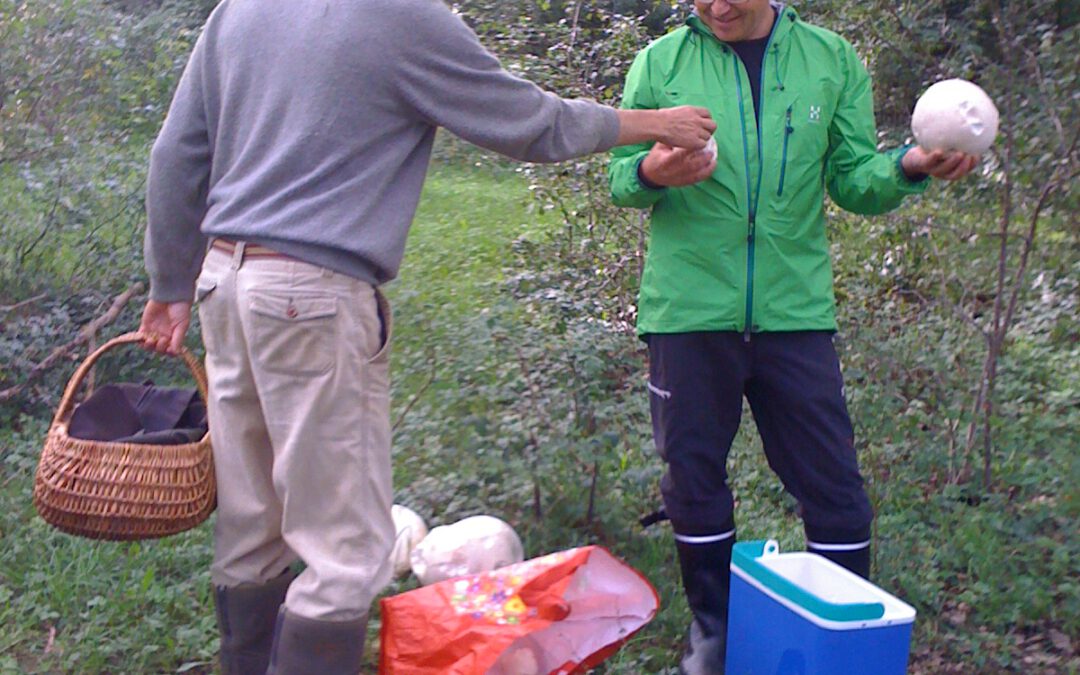Århus kunstbygning.
Imagine farm – ground for cultivating thoughts
exhibition concept for summer exhibition at Århus Kunstbygning by Kultivator
Much of today’s focus is laying on what kind of future we don’t want, or are afraid of… On what we must not do, or must not have. The critical analysis of what is destructive, non sustainable systems occupies great space in relation to the creative imagination of the sustainable, pleasant and wanted ones. The desired future must be imagined in order to be possible.
To meet this need, Kultivator and Århus kunstbygning will settle the Imagine farm, for and by children. A farm is an area designated to growth and cultivation, in this case of imaginations of future systems to live.
In the basement of Århus Kunstbyggning, Kultivator will build up the Imagine farm. It will serve as a working space where desired future systems for food production, social work, energy production, waste management, housing, etc. are visualized and tested. The material for this is imagined and described by children, and represented in objects and animated film sequences by the artists and farmers of Kultivator. This translation of the children´s imagination into objects and films constitutes the first step in the settling of Imagine farm.
Step Two is the use of the farm, when visiting children (and parents) are asked to interact with the systems and rearrange them, try other ways, and document their imagined scenarios. The Imagine farm will thus be in constant change, and photos and texts of arrangements made along the way will be a growing collection of imagined futures. Here we will try to use a technology to let visitors file their photos and written comments into small animations, so that new, other films appear. Alternatively, the photos and text will be printed and made accessible to visitors in the exhibition. Or both.
Since all objects can and will be moved around, and to stress the representative character of the objects, the material we use will be papier mache´. This is a low cost, bio degradable material that is light to handle and fairly easily breaks. It is also a material and technique that is well – known for most children. No new objects will be made within the exhibition, but we will set up a repair workshop, where repairs and small adjustments can be made to the objects that are already there. To repair broken objects is another, meaningful way to interact in Imagine farm.
One event/workshop will be held, where the Imagine farm receives grown up users; preferably local politicians, or other groups that should be particularly interested in the view and interests of children for future society. The invited grown ups can take part of the information collected, and self use the farm to visualize and test thoughts.
What is now proved was once only imagined.





































